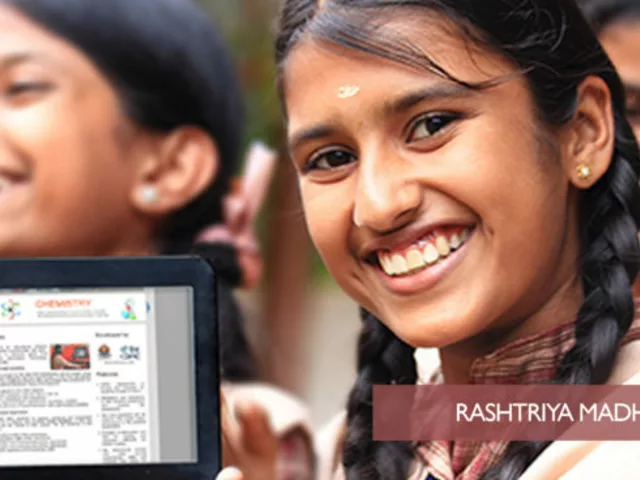Politics and Social Media: What You need to know
Social platforms shape political conversations faster than any traditional channel. A recent example: India’s Home Minister Amit Shah told IPS probationers to avoid spending too much time on social media. That short message matters because public officials are both influencers and representatives, and their online choices affect trust, operations, and public safety.
Why worry? Social media can distract during duty, spread unverified claims, expose sensitive details, and fuel polarized debates. For law enforcement and politicians the stakes are practical: a careless post can compromise an investigation, trigger unrest, or damage a career.
Practical tips for officials and politicians
Keep your personal life separate from official accounts. Limit screen time and set clear hours for checking feeds. Use two accounts when possible: one for official updates and one private. Never discuss active operations online. Check facts before reposting and keep a log of public statements for records.
How citizens can stay informed
Follow verified reporters, official agency handles, and reputable news outlets. Pause before sharing. Look for multiple sources and original documents like press releases or court orders. Watch for edited videos or out of context quotes. If you spot false claims, report them and flag them for friends rather than amplifying.
Digital records last. Assume anything you type or share could be read later in a court, a media story, or by an adversary. Use encrypted channels for sensitive coordination and train teams on social media hygiene. Simple steps like two factor authentication and regular audits cut risk.
Politics and social media shape each other. Politicians test messages online, activists amplify grievances, and platforms set the rules. Regulators worldwide are debating limits on targeted ads, political content rules, and transparency. That matters to ordinary users because platform policies affect what you see and how campaigns reach you.
Amit Shah’s advice to IPS probationers pushed this debate into the headlines. He told new officers to avoid excessive social media use and focus on ground realities. Some critics say that cuts off useful public engagement; defenders argue it protects operational focus. The balance is simple: use social media strategically, not as a default.
Quick checklist: set official hours, keep separate accounts, verify before you share, avoid operational details, use encryption, and log public statements. If you work in public service, build a small team to manage official channels. For everyone else, slow down and think before you hit share. Social media is powerful; discipline keeps it useful.
Measure impact, not vanity. Track corrections, not just likes. If you delete a post, consider posting a correction so records are clear. Train recruits on legal limits like defamation and privacy rules; use role plays to practice responses to viral events. Small investments in training and moderation reduce mistakes that become big news.
Demand transparency from platforms and officials. Ask for source links, data on ad spending, and clear corrections when errors happen. When enough people insist on honesty, platforms change faster. A smarter public keeps both politicians and platforms honest. Speak up, stay curious.

Stay off social media: Amit Shah to IPS probationers?
In a recent address to IPS probationers, India's Home Minister, Amit Shah, urged them to avoid spending excessive time on social media. He explained that while it can be a valuable tool, it can also be a source of unnecessary distraction that detracts from their primary responsibilities. Shah emphasized that as future law enforcement leaders, they should focus more on ground realities rather than virtual perceptions. This stance reflects an awareness of the potential pitfalls of social media, though it may spark debates over its role in contemporary policing. His comments underscore a broader conversation about the impact of digital platforms on our professional lives.
CONTINUE READING



